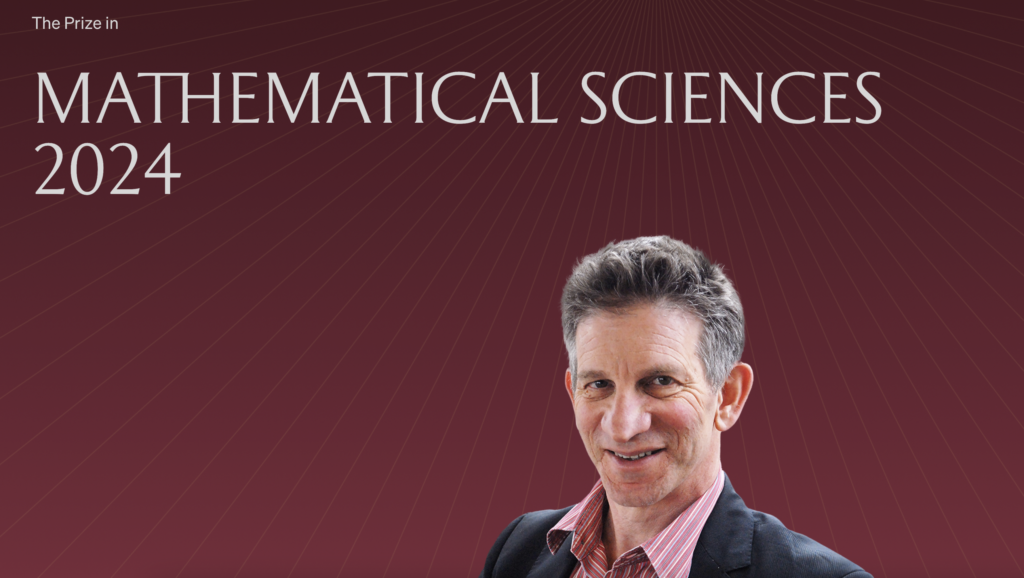Here’s a round-up of some of the mathematical news we saw last month.
Maths News
Thomas Hales and Koundinya Vajjha have claimed a proof of Mahler’s first conjecture, that the most unpackable centrally symmetric convex disk in the plane is a smoothed polygon. (via Greg Egan)
There’s also a been a proof of the geometric Langlands conjecture published, as outlined in this New Scientist article.
Zhouli Xu has claimed a proof of the Kervaire invariant one problem in dimension 126. (via Kyle Ormsby)
And finally, Hidetoshi Mino has counted all the magic squares of order 6. Up to rotations and reflections, there are 17,753,889,197,660,635,632. (via Walter Trump)

Awards and Appointments
The inaugural Jean-Pierre Demailly Prize for Open Science in Mathematics has been awarded to zbMath Open, “for its broad scope, recent policy changes, and commitment to accessibility and sustainability”. (via the European Mathematical Society)
It’s been announced that the first President of the newly-formed Academy for the Mathematical Sciences (AcadMathSci) will be Professor Alison Etheridge OBE FRS, a professor in Probability at the University of Oxford, and a world expert on stochastic processes and their applications. She will take up the role on 17 June 2024.
The Shaw Prize in Mathematical Sciences 2024 has been awarded to Peter Sarnak, “for his development of the arithmetic theory of thin groups and the affine sieve, by bringing together number theory, analysis, combinatorics, dynamics, geometry and spectral theory.” (via Paysages Mathématiques)

Other News
“Des chiffres et des lettres”, the French gameshow on which Countdown is based, has been cancelled after more than 50 years. (via Sarah Dal)
The UK Government has issued a call for £6m funding to set up a National Academy focused on Mathematical Sciences (NAM). Confusingly, this isn’t the same thing as the fledgling Academy for the Mathematical Sciences (AcadMathSci), though AcadMathSci may well bid to become the NAM. Clear?
And sadly, award-winning mathematician and co-founder of the Simons Foundation Jim Simons has died. (via Alberto Ramos)



